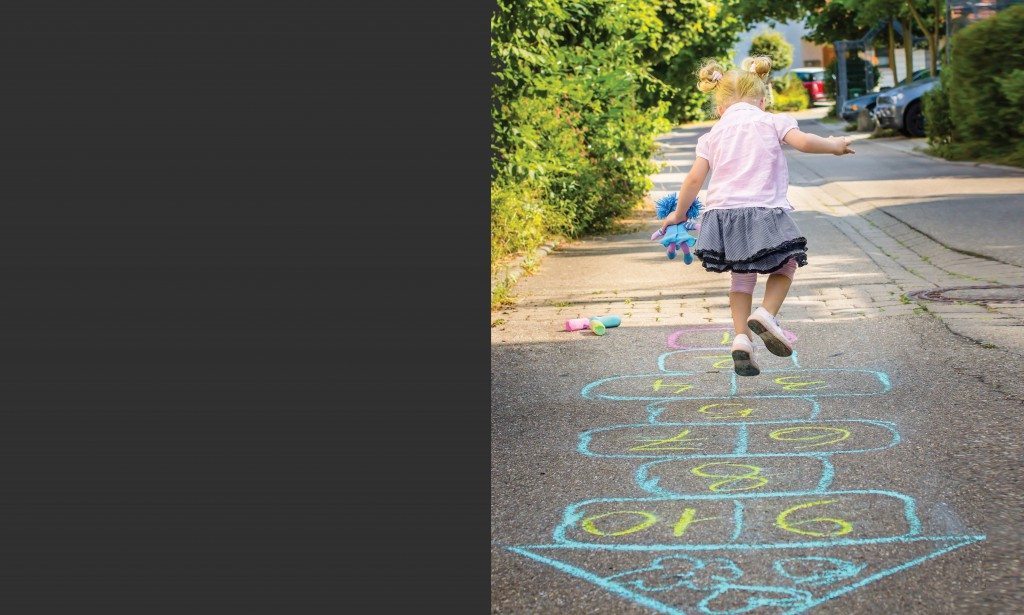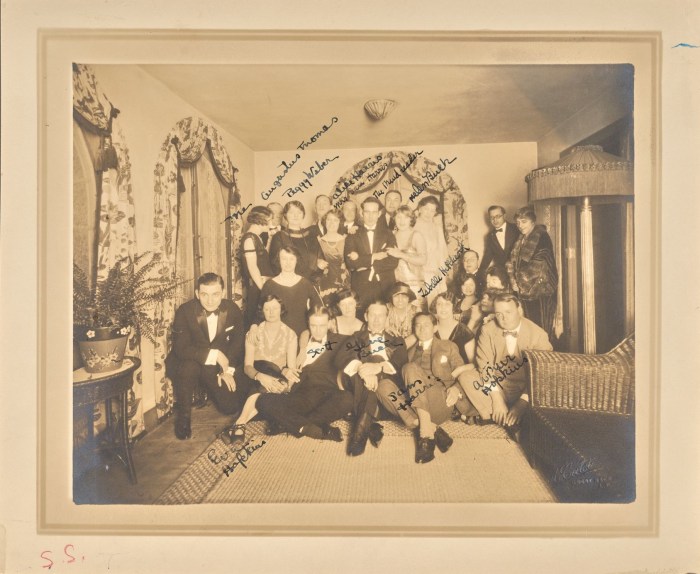
Decades ago summertime meant kids playing outdoors until dark, engaged in team games like hide and seek, hopscotch, marbles, red rover, red light, green light, kick the can and many variations of tag. These games were fun modes of exercise that children played in groups, nearly always without parental supervision. Those unsupervised games taught kids how to cooperate with their peers, to win and lose and to be independent. Some experts believe their reintroduction would benefit today’s children who tend to stay relegated to outside games that are refined and organized by adults or stay glued to electronic screens. Organizations, including the federal government, are trying to get children back outside in a more natural way.

It is no secret that children born during or after the 1990s have spent, on average, less time being active outdoors. According to Lets Move!, First Lady Michelle Obama’s initiative to challenge childhood obesity and encourage healthier living among America’s children, 8 to 18 year olds spend an average of 7.5 hours a day using electronic media, such as TV, computers, video games, cell phones and movies. The American Academy of Pediatrics recommends at least 60 minutes of physical activity a day for a child’s optimum well-being. And numerous experts say that getting outside to play with friends is a natural and easy way for kids to stay both physically and mentally healthy. While organized sports and supervised play can achieve the suggested exercise for children, outdoor games that aren’t entirely organized by adults allow children to develop their social skills. (To see classic team games and their rules, click here.)
Dana Friedman, president of the Early Years Institute in Port Washington, an organization that is committed to improving the lives of children on Long Island, said that children are coming to school without the skills needed to regulate their own behavior, take turns and sit still. She thinks the lack of peer-driven games has contributed to that.
“The play for children is their work; that’s how they learn. You can’t lecture a group of 3 and 4 year olds. Their brains can’t process it,” she said. “All these things that kids used to do without any interference from parents helped them and their brains create control over their impulses and develop social skills that allowed them to communicate what they need and get along with other children.”

Friedman believes that the ability to collaborate with peers about different rules and strategies lets children learn about teamwork, compromise and decision-making. Yet the popularity of electronic media has overtaken that of the outdoor games played in parks, streets and backyards when adults were children.
“Understanding your own capability, your own ways of interacting with the world, the ideas that you have—all of those things are reinforcing very helpful behaviors for children. You don’t get that sitting around pressing one button that someone else decided was going to cause this,” Friedman explained.
Lynn Cohen, Ph.D., an associate professor of education of C.W. Post in Greenvale, said: “All of that outdoor play has an impact on academic achievement in schools and some schools have cut down on the amount of time for outdoor recess and outdoor play.”
Cohen, whose research interests have focused on young children’s language development, play, literacy learning and early childhood environments, is a founding member of the organization Play, Policy, Practice Interest Forum of the National Association for the Education of Young Children. She added that communities and governments can help stymie the decline in physical play by building parks, investing more in early childhood education and not allowing recess times to be shortened.
“When children can go out and run around for a little while they come back in a calmer state, refreshed and ready to learn,” Cohen said.

But parents fear for their children, and this fear, in addition to electronic media, is a major reason why children don’t go out and roam the streets with only their friends as often as they used to. Friedman said the concept of a free-range childhood, which promotes allowing children to be self-reliant and go out with their friends without parental supervision, makes many parents worry. The fear of abduction, accidents and bullying makes parents hesitant to give their children license to roam.
Yet Cohen warns against paralysis. “Try not to let the dangers portrayed on the media allow you to think that if you allow your child to play outside or ride a bicycle on the street, something terrible will happen. Raise confident, safe, happy children that get outside, run and play,” she said.
In the end, parents are left with a balancing act: to give their children a long enough leash with which to learn social skills, grow their body and become self-reliant, while also exercising the caution they feel is necessary to keep their kids safe.
But those summer games you used to play can be not only beneficial to your kids; they can also offer parents an opportunity to engage in outdoor play as well. Teaching them the rules of ring-a-levio or freeze tag, for instance, is a perfect excuse to reminisce about how your summers were played. Then get out of the way and let the summer fun begin so that they, too, have memories someday of summers spent in free-range play outdoors. (To see readers’ memories of games they played as children, click here.)



































